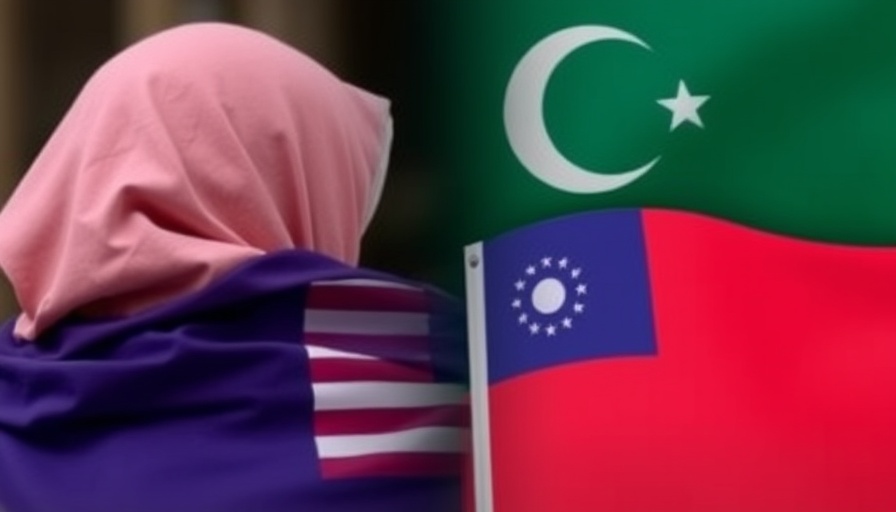
Somalia's Bold Move: Banning Taiwanese Entry
In a significant diplomatic decision, Somalia has announced its ban on entry for Taiwanese citizens, stemming from ongoing territorial disputes linked to the self-declared independent region of Somaliland. This move has dampened Taiwan's hopes for engagement with a nation that traditionally leans towards recognizing the one-China policy upheld by mainland China.
Implications for Foreign Relations
The repercussions of this ban extend far beyond Taiwan's aspirations in the Horn of Africa. Somalia's action can be viewed as a strategic alignment with Beijing's assertive approach to limiting Taiwan's international space, showcasing the complex interplay of geopolitics in Africa. Given China’s significant investments in African nations and its influence in diplomatic realms, Somalia's decision may elicit praise from Beijing, reinforcing the importance of aligning with the major player in the region.
What's at Stake for Somalia?
For Somalia, the ban reflects a broader concern regarding Somaliland’s attempts to assert its autonomy. As Somaliland seeks greater international recognition, Somalia has felt the pressure to consolidate its territorial claims, which can impact not only its domestic stability but also its international relations. This bold assertion signals to Western allies that Somalia remains committed to maintaining territorial integrity, encouraging foreign investment in a country that has struggled with governance and security challenges.
Potential Economic Impact
The economic implications of this ban may be significant. As global investors monitor Somalia's evolving diplomatic landscape, the decision to exclude Taiwanese citizens could foster uncertainty. With a growing interest in Africa's economic landscape, especially in sectors like agriculture and technology, steps that may jeopardize foreign investments could hamper Somalia's recovery and growth trajectory.
Encouraging Regional Schism: A Cautionary Tale
This ban could also ignite tensions among countries in the region that maintain varying degrees of diplomatic relations with Taiwan. If not carefully managed, it could lead to a schism that might complicate Somalia's own foreign relations. Investors and policymakers monitoring the African landscape should note the potential for shifting alliances and the importance of stable diplomatic relations for economic development.
As the situation in Somalia continues to evolve, stakeholders are encouraged to stay informed on the implications of such decisions. Understanding the nuances of foreign relations in Africa is crucial for navigating the opportunities and challenges that the continent presents.
 Add Row
Add Row  Add
Add 


 Add Row
Add Row  Add
Add 

Write A Comment